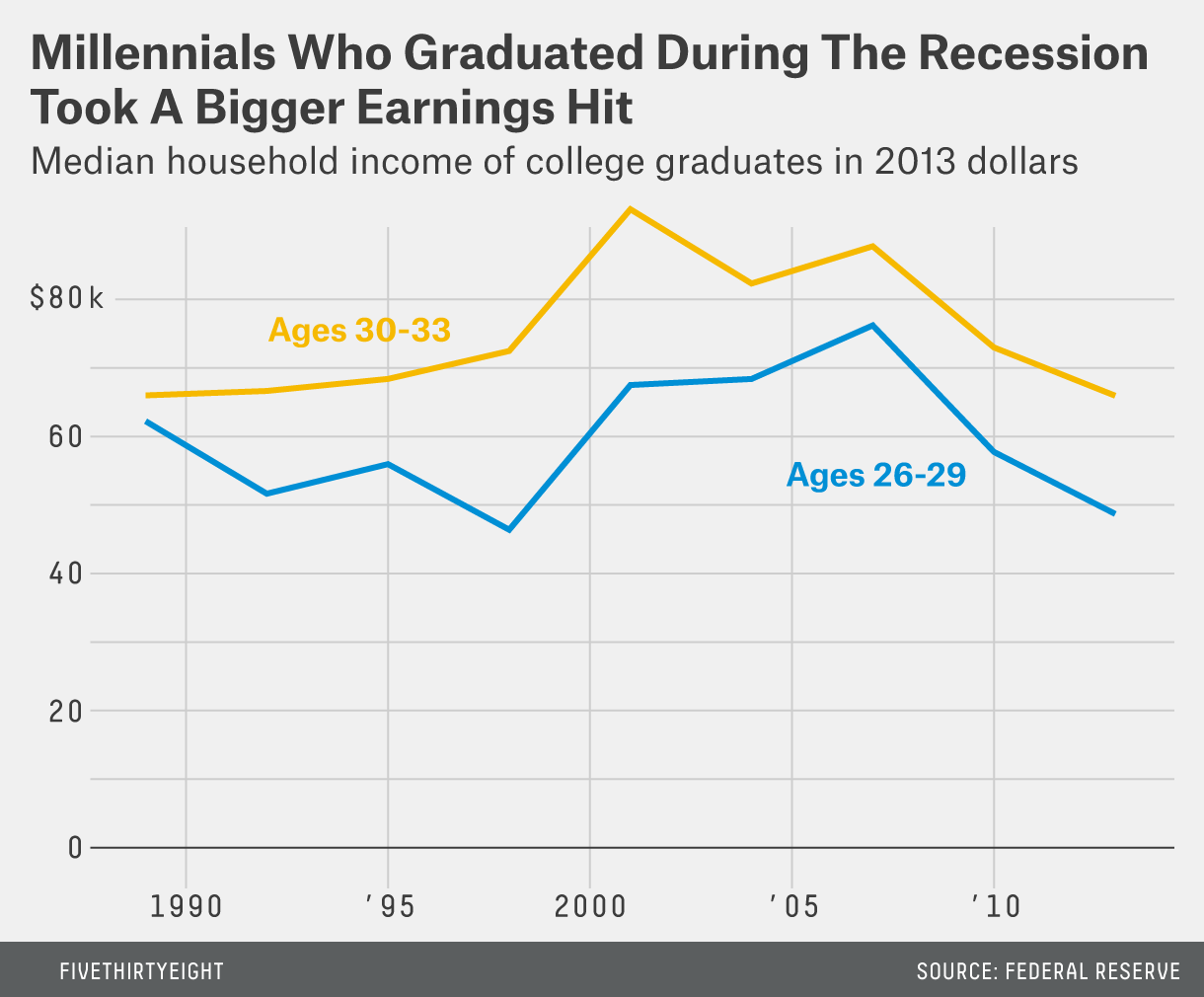Park your experience
Human beings are terrible listeners.
When someone comes to us with a problem, we can't wait for our chance to speak. Immediately, our minds are racing to find a personal anecdote that will solve our friend's dilemma. Instead of digging deeper into their context, we start pontificating about ours:
"You know kid, I used to be a lot like you. I had to pull up my bootstraps, start at the bottom, pay my dues, and work my way to the top."
I'm guilty of this. Having someone confide in me gives me an air of superiority. The other person is vulnerable (after all, they're the one in the "trouble"). They clearly need my help! I act like a talk radio host: get the caller on the line, listen for 10 seconds, offer some life advice, and send them on their way.
I'm not saying that people with experience have nothing valuable to offer those with less experience. Some skills, principles and values are timeless.
My critique here is that a lot of the personal advice we give comes in the form of simple idioms: sound bites we've rehearsed in our heads that we can activate when needed.
Even worse, we miss out on a chance to learn about the individual's personal context, and how it's affecting their reality.
A fool takes no pleasure in understanding, but only in expressing their opinion.
- Proverbs
We know, for example, that demographically there are less "good" jobs for millennials, because baby boomers are living longer, staying employed longer, and aren't leaving paid employment at the same rate the previous generation did.
A baby boomer's advice might be: "Just start working for Ford Motor Company when you're 20. Work there for 35 years, and then retire with a good pension."
But in a millennial's context, the baby boomer's perspective is not helpful. Firstly, those "Ford jobs" don't exist anymore.
Secondly, timing is everything. People born between 1980-2000 entered the labor market during peak unemployment. Lisa Kahn, a researcher at Yale University, found that white males who graduated college during a recession earned significantly less than those who graduated in better economic times (source). The effects of this "bad timing" lasted for decades: 20 years later these graduates were still earning 14% to 23% less than their counterparts.
This is why those anecdotes from your life are probably irrelevant. Your privilege, timing, luck, and circumstances will color your experience.
This doesn't mean you shouldn't help people (or that you shouldn't give advice). Lately, I've been trying focus exclusively on the other person's context, and avoid talking about myself at all.
This is a skill I picked up from Hiten Shah. When Justin and I met him for coffee, our question was: "How did your business achieve [this milestone]?"
His response was:
"Let's not talk about me. Let's talk about you. Let's dig into what's working (and not working) in your situation."
Good advice doesn't come from having an analogue for every situation. It comes from a deep understanding of the other.
Let me know what you think,
Justin Jackson
@mijustin
